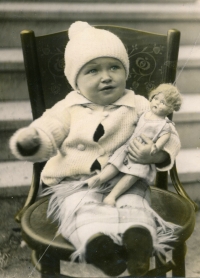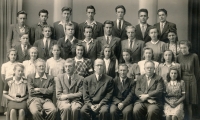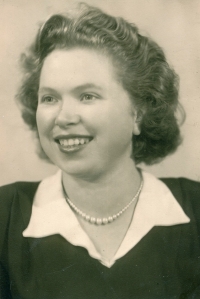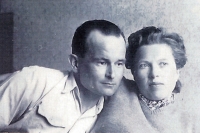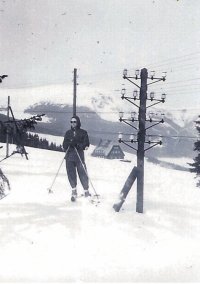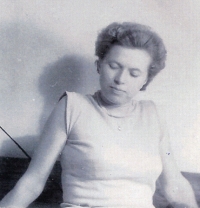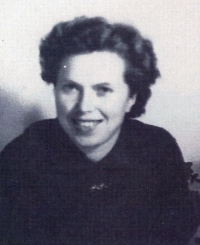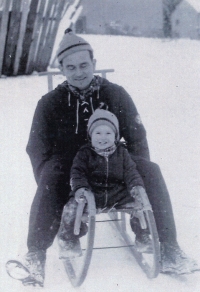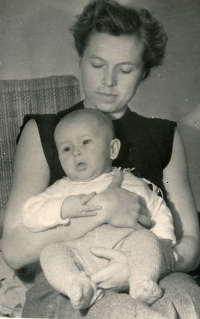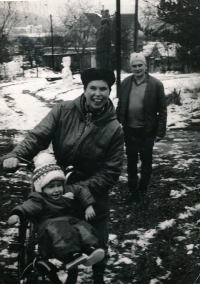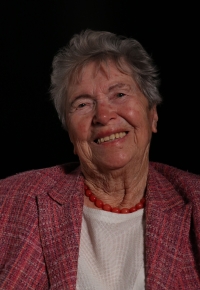When I could, I liked to be active
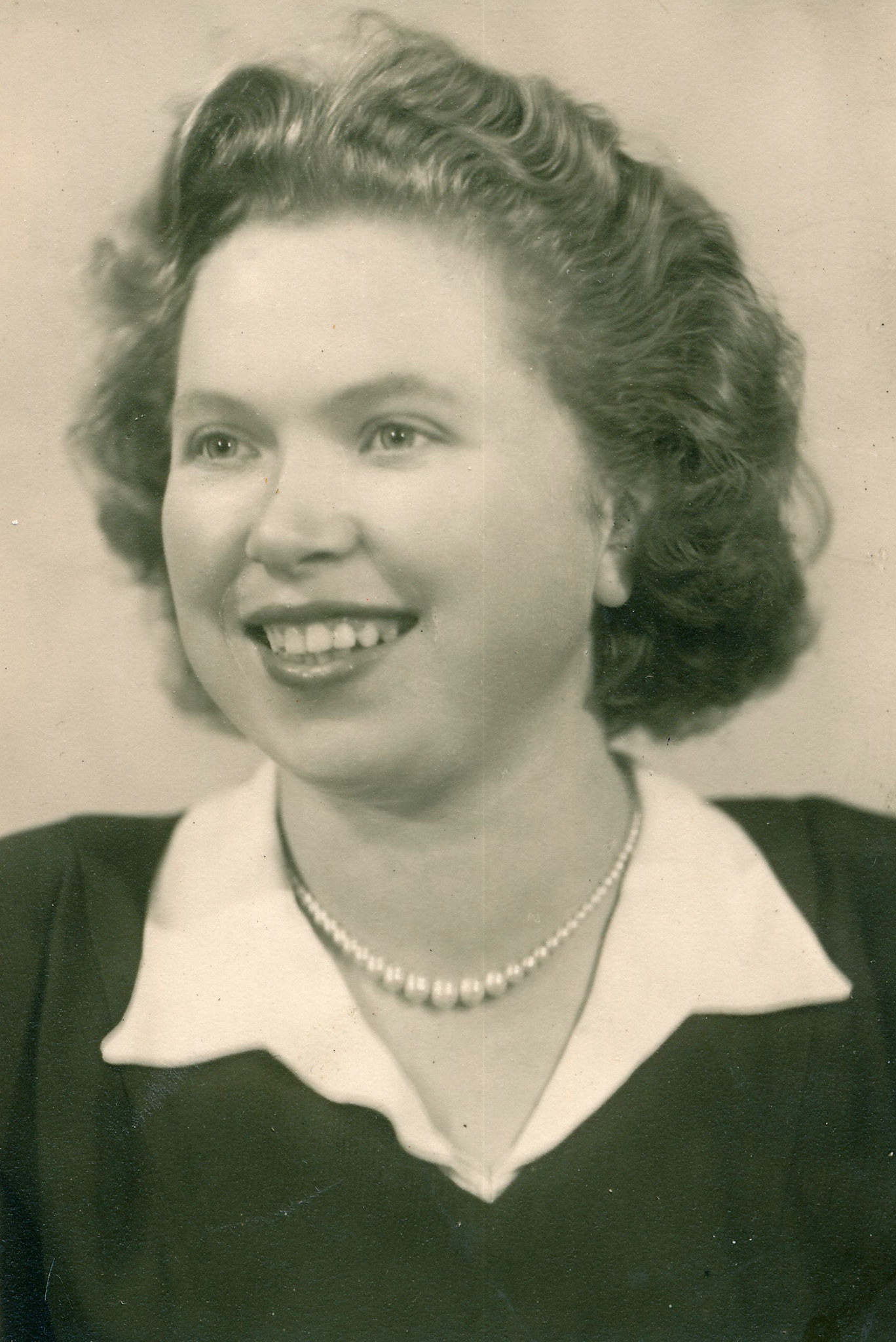
Download image
She was born Vlasta Faltýsková on 21 November 1931 in the village of Horní Čermná near Lanškroun. The purely Czech village fell to Nazi Germany in September 1938. Her father went to nearby Lanškroun after the end of the war to guard captured Germans; however, he refused to take part in the brutal revenge carried out by the partisan People’s Court on the German population there. Vlasta Faltýsková had already trained secretly in the Sokol club in Čermná during the war and later became a member of the East Bohemian - Pippich Sokol County in Chocen, with which she took part in the last Sokol meeting in 1948. At the request of her parents, she did not finish secondary business school and joined the glassblowing company Zídek in Lanškroun as a clerk. After the nationalisation of the company by the communists, she moved to Sázava at the age of 18 and found another job at Kavalier Glassworks in Sázava. In Sázava she continued her previous Sokol activity and after the current management was thrown out during the communist purges, she took up youth training. In 1952, she married Zdeněk Šolar, who had been forcibly deployed in Germany during the war, underwent firefighting training there and participated in the extinguishing of bombed German cities. In 1953-1959, the Šolars lived in Vyšší Brod in the border area, where Zdeněk Šolar worked as a construction manager at the Lipno II waterworks. Afterwards they returned to Sázava and both worked at the Kavalier Glassworks. In 2023 Vlasta Šolarová was living in Sázava.
